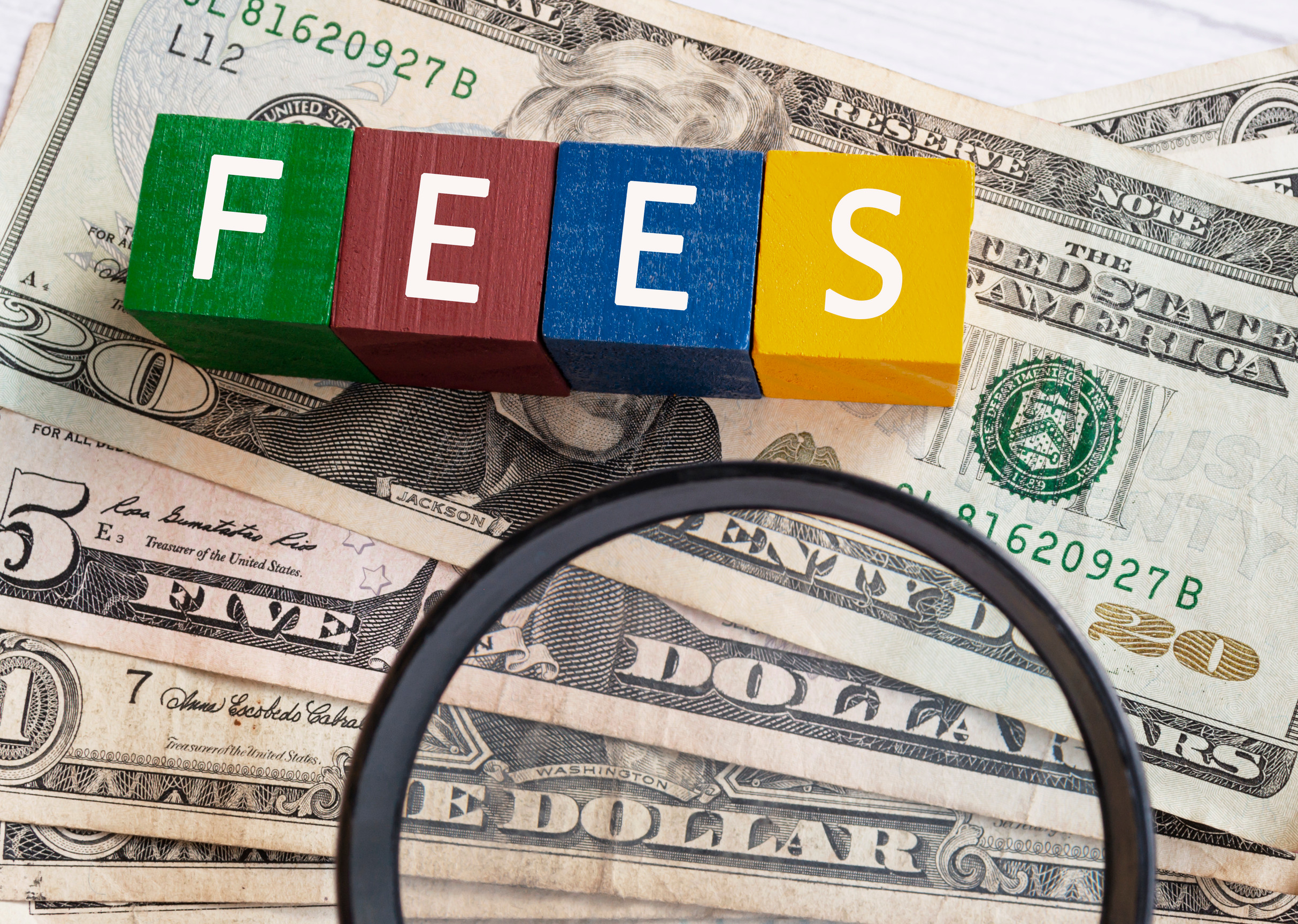
image Source: 123rf.com
Feel like you’re being hit with fees that don’t add up? Believe it or not, some charges you’re still paying are no longer permitted by law — they’re illegal fees, plain and simple. This article walks through five surprisingly common fees you might be accepting, but that the rules now ban. You’ll learn exactly what each fee is, why it’s prohibited, and what to do if you’ve been charged. Plus, I’ll share quick tips on how to spot and push back when these illegal fees pop up. Let’s dive in, so you can keep more of your money where it belongs — in your wallet.
1. Excessive Credit Card Late Fees That Exceed Legal Limits
Many large credit card issuers used to charge $30 or more in late fees, but recent federal regulations have capped the safe‑harbor late fee at $8 for bigger issuers. The Consumer Financial Protection Bureau found that older caps were far out of proportion to actual collection costs, and the rule now requires fees to be “reasonable and proportional.” If your card issuer is charging more than the allowed cap without cost justification, that charge is an illegal fee. You can request a refund or file a complaint if you’ve been overcharged. And don’t forget to make your payments on time—or set up autopay—to avoid even hitting the cap.
2. Inactivity or Declined‑Transaction Fees on Credit Cards
Under Regulation Z (Truth in Lending Act), credit card companies cannot impose fees for account inactivity or for transactions that were declined, because there’s no related cost or violation. Yet many people still see small charges labeled “inactivity fee” or “decline fee” each month. That practice is expressly illegal — these are classic examples of illegal fees in fine print. You can dispute them as unauthorized charges under your billing rights. Once disputed, the issuer must remove the fee unless they can prove it was a valid violation-related charge.
3. Monthly Credit Union Membership Fees
If you’re a member of a federal credit union, federal law actually prohibits charging recurring membership or share membership dues beyond a one-time entrance fee. Despite that, some credit unions still bill a small monthly membership or service “dues” charge to your savings or checking accounts. That’s an illegal fee, and you have the right to have it waived and refunded. Ask for an itemized account statement to verify how many months it’s been collected. You can escalate to the National Credit Union Administration if the institution refuses to correct the charge.
4. Surprise Credit Card “Surcharges” at Checkout
In several states like New York, merchants cannot add a surprise surcharge on credit card purchases unless they absolutely follow strict rules — post the total credit price before checkout and cap the surcharge at their actual processing cost. Any extra “service fee,” “technology charge,” or “non‑cash adjustment” added at payment without proper notice is an illegal fee under consumer protection law. If you’ve already paid one, you can submit a complaint and demand a refund. Going forward, always check if the price you see advertised includes any card‑related fees or posts separate card/cash prices side‑by‑side — that’s how to avoid the bait‑and‑switch.
5. Court or Bail Convenience Fees That Have Been State‑Banned
Some local governments once charged a “convenience fee” for paying court fines or bail with a credit card — for example, NYC eliminated those entirely under a new city law in 2020. Those fees are now explicitly illegal when submitted online or in person, but occasional clerks or websites may still add them by mistake. If you’ve paid one, you can request a refund citing the state/local ban. And before paying a traffic ticket or court fine, look for a “convenience fee” line item — you shouldn’t be charged for choosing a legal tender that’s accepted.
What You Can Do About These Illegal Fees
If you spot any of these apparently banned fees, start by reviewing the account statement or receipt in question and identifying the suspicious line item — make sure it matches one of the fees above. Contact your card issuer, bank, or merchant and ask for a formal refund, referencing the specific federal regulation or state law. Follow up in writing and keep records of responses; filing a free complaint with the CFPB, your state attorney general, or relevant agency can also help. When opening a new credit account or joining a credit union, read disclosure agreements carefully and beware of any charges for inactivity, membership, or unspecified processing fees. As a best practice, regularly review your statements, question any vague fees, and document conversations — staying aware is your best defense.
Ready to fight back against surprise fees? Have you encountered any charges that didn’t make sense? Share in the comments below — you might help others spot illegal fees, too.
Read More
